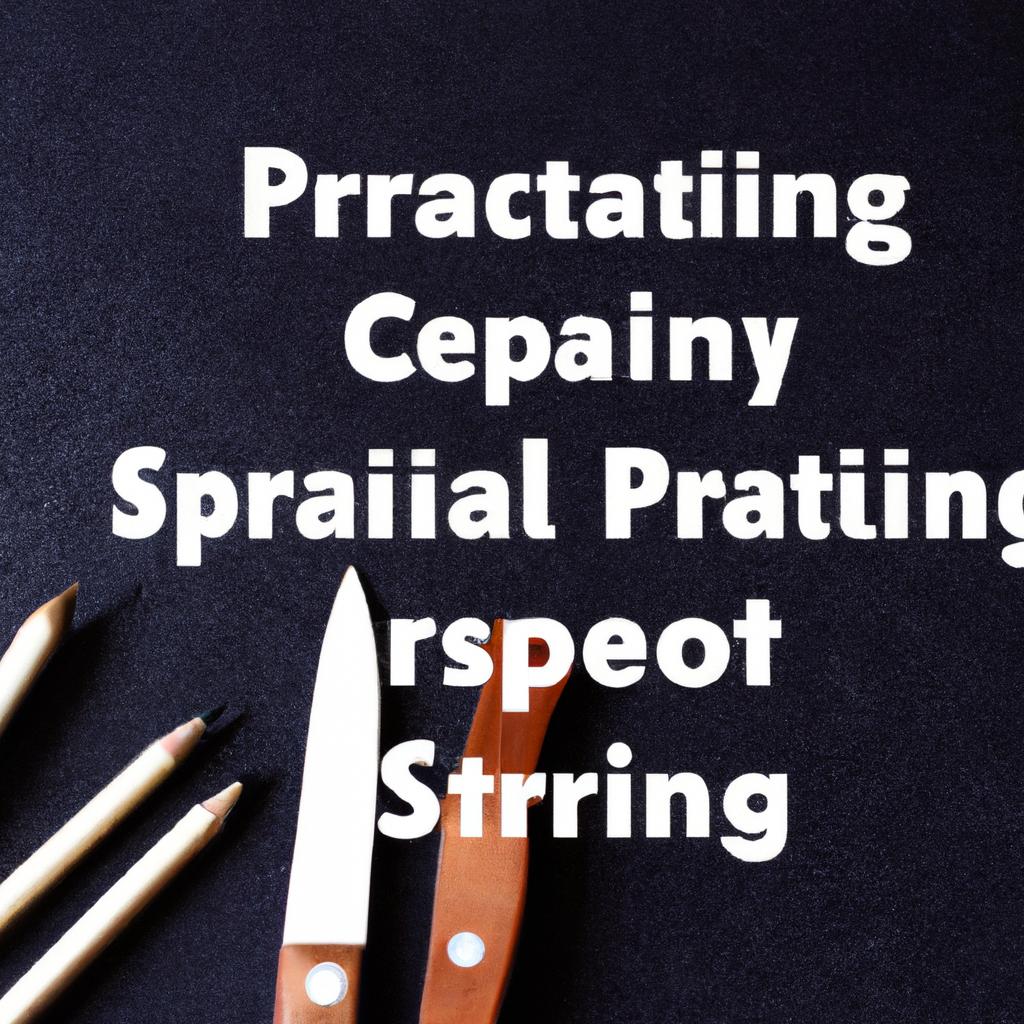Mastering the Art of Negotiation: How to Secure Lower Prices and Added Bonuses
In a world where transactions often come at a premium, the ability to negotiate has emerged as a vital skill that can not only save you money but also enhance your purchasing power. Whether you’re haggling for a better deal on a new car, negotiating a salary for a dream job, or simply trying to score more value for your hard-earned cash, the art of negotiation is an invaluable asset. But what truly sets effective negotiators apart? It’s not just about bold tactics or persuasive speeches; it’s about understanding the nuances of human interaction, the psychology of value, and the principles of compromise. This article delves into the intricate practice of negotiation, unpacking strategies that can empower you to navigate discussions with confidence, ultimately leading to lower prices and delightful bonuses. Join us on this journey to master the techniques that could transform your approach to any deal, ensuring that you not only walk away satisfied but also equipped with the skills to negotiate like a pro.

Understanding the Psychology of Negotiation for Better Outcomes
Negotiation is as much a psychological endeavor as it is a transactional one. Understanding the mental frameworks that underpin negotiations can significantly tilt the balance in your favor. **Active listening** plays a crucial role in this process. By genuinely hearing the other party’s concerns and desires, you not only foster goodwill but also gather valuable insights that can help you tailor your proposals. Many skilled negotiators suggest using reflective questioning techniques to delve deeper into the other side’s motivations. This approach does not only reveal hidden interests but also demonstrates an **empathetic engagement** that can soften resistance.
Recognizing the power dynamics in negotiations is equally important. It’s vital to assess where you stand relative to the other party. Leverage elements such as **authority, information,** and **time pressure** to create effective strategies. Here’s a simple overview of these factors in relation to negotiation outcomes:
| Factor | Impact on Negotiation |
|---|---|
| Authority | Establishes credibility; can influence concessions. |
| Information | Knowledge empowers; use data to substantiate claims. |
| Time Pressure | Urgency can compel quicker decisions; manage deadlines wisely. |
Implementing these psychological aspects can lead to more favorable outcomes, enriching both the negotiation experience and the resultant agreements.

Strategic Preparation: Crafting Your Approach for Maximum Impact
Effective negotiation begins long before you walk into the room. It requires a clear understanding of your goals, potential concessions, and the interests of the other party. **Craft your approach** by identifying what you want to achieve from the negotiation, whether it’s lower pricing, added bonuses, or both. To prepare strategically, consider the following key components:
- Research the Market: Know the industry standards and competitive pricing.
- Establish Your Bottom Line: Clearly define what you can accept and what is non-negotiable.
- Anticipate Objections: Prepare responses for possible pushback.
- Build Relationships: Foster rapport with the negotiating party to create a collaborative atmosphere.
Once you’ve established a clear objective, it’s time to refine your tactics. **Adaptability** is crucial during negotiations; being flexible can lead to unexpected opportunities. Useful strategies include using silence effectively to encourage the other party to fill the void with concessions, or employing the “anchoring” technique to set a favorable starting point. Additionally, consider these practical tactics:
| Tactic | Description |
|---|---|
| Silence | Pause after making a statement to compel the other party to respond. |
| Anchoring | Start the negotiation with a high or low initial offer to set the tone. |
| Framing | Present your offer in a way that highlights the benefits to the other party. |

Effective Communication Techniques to Enhance Your Negotiation Power
Mastering the nuances of dialogue is crucial when you’re in a negotiation setting. Effective communication isn’t just about what you say, but how you say it. Here are some techniques to enhance your negotiation prowess:
- Active Listening: Engage fully with your counterpart’s words. This means not only hearing their points but understanding the emotions behind them. Showing that you value their perspective fosters trust.
- Open-Ended Questions: Use questions that require more than a yes or no. This encourages a deeper conversation and reveals more information, aiding in finding common ground.
- Body Language Awareness: Non-verbal cues play a significant role. Maintain open body language and ensure your facial expressions align with your intentions.
- Clarity and Brevity: Be clear and concise in your points. Avoid jargon or overly complex explanations that can lead to misunderstandings.
Moreover, consider the implementation of strategic pauses and reflective statements to convey a sense of confidence and thoughtfulness. These techniques can create a powerful back-and-forth dynamic that’s conducive to reaching agreements. Below is a simple table highlighting key communication techniques and their benefits:
| Technique | Benefits |
|---|---|
| Active Listening | Builds rapport; Hones in on needs |
| Open-Ended Questions | Encourages dialogue; Uncovers hidden interests |
| Clarity and Brevity | Avoids confusion; Enhances retention |
To Conclude
As we draw the curtain on our exploration of negotiation mastery, it becomes clear that the art of securing lower prices and added bonuses is not merely a skill but a strategic dance that blends preparation, communication, and adaptability. Whether you’re haggling at a local market or negotiating a corporate contract, the principles we’ve discussed serve as your toolkit, empowering you to approach each interaction with confidence and clarity.
Remember, negotiation is about building rapport and finding common ground. Every discussion is an opportunity—an invitation to collaborate rather than confront. With a firm grasp of the techniques and tactics outlined in this article, you are now equipped to turn ambitious dreams of favorable deals into reality.
So, take a deep breath and step into your next negotiation with a fresh perspective. Embrace the challenge, and don’t shy away from practicing your newfound skills. After all, the road to mastery is paved with experiences, both good and bad. Each negotiation offers a lesson, and with each one, you’ll sharpen your instincts and refine your approach. Go forth and negotiate with purpose; the rewards await you on the other side.



















